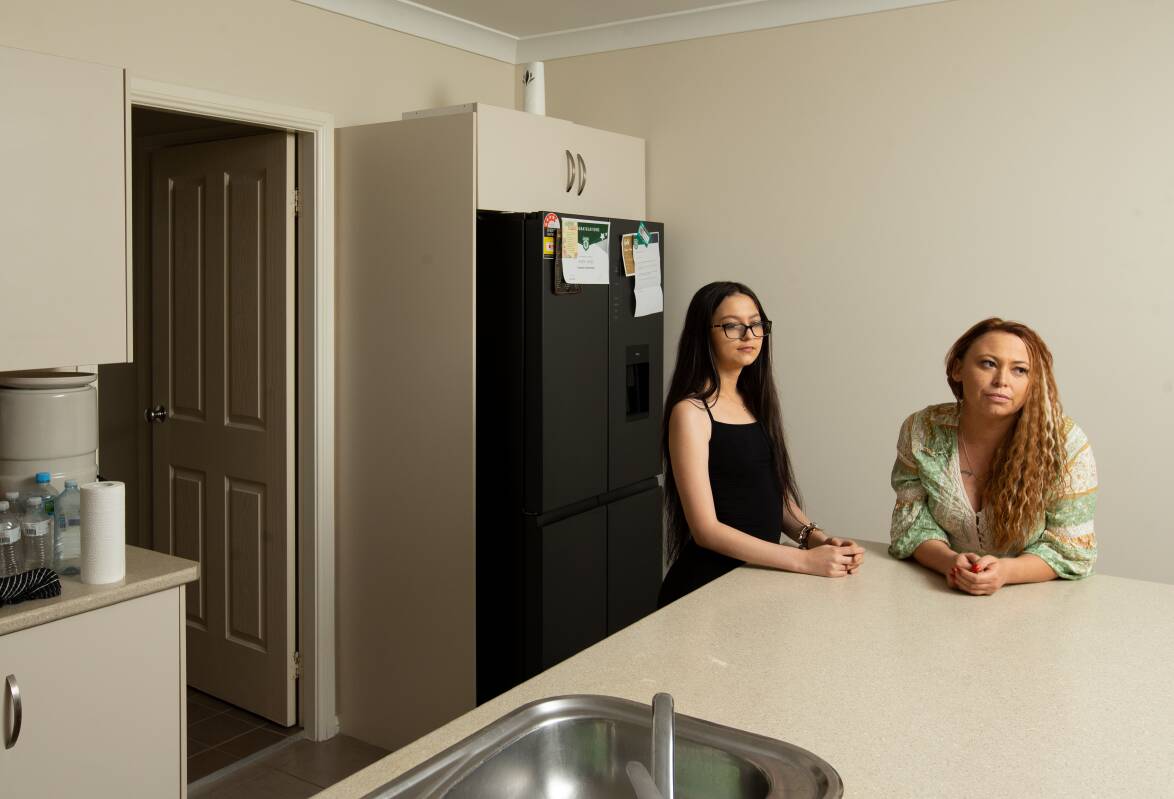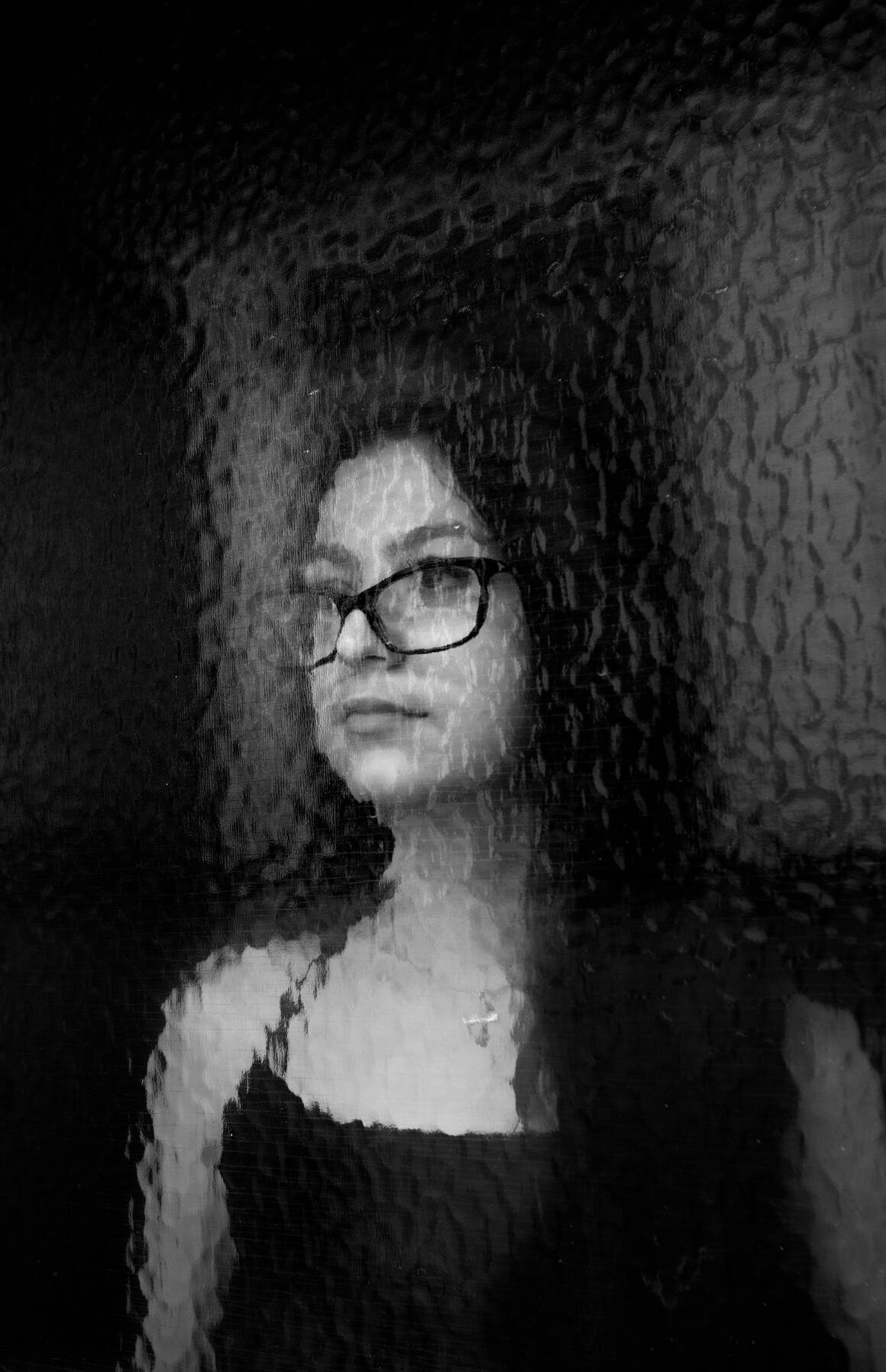
THE NSW child protection system is broken. Thousands of children are being left in harm's way, carer and caseworker numbers are dwindling, and support is scarce. In her continuing series, Gabriel Fowler reports on a parent's perspective.
REPORTS to authorities about her eldest child began the day she was born, says Felicity Kime.
Ms Kime was 17 years old.
"The day of her birth there were reports about the way her father was treating me," Ms Kime said. "But no one came to visit."
Six years later someone came out to remove her children. Ms Kime had been in and out of unhealthy relationships, moving around a lot, frequently intoxicated, and emotionally disconnected "for many, many reasons".
"What I say all the time is I'm grateful the department took my children from me, but I'm not impressed with the way it was done," she said.
"We weren't supported. No one helped make me aware that there were issues for six years."
Ms Kime, former president and founding member of Family Inclusions Strategies for the Hunter, or FISH, is now helping other parents who have had children removed to navigate the system.
She can speak to three generations' worth of experience. Her mother had been in the system since 1960, and Ms Kimes herself was removed at about the age of 11.
"So three generations. And that's child protection. It's multi-generational".
She was lucky to go to a program run by Father Chris Riley called Youth Off the Street. After two years, she left to go back home, age 16.
When she fell pregnant a year later she rang Father Riley saying "what do I do".
"They said, just do everything your mum did ... and then at 23 they're removing my children. I didn't realise I was repeating the same patterns of behaviour as my mum ... with no guidance, no structure, and no healthy support people."
RELATED:
- Christmas in crisis care: hundreds of kids stuck in 'emergency placements'
- Why the child protection system needs to change
- Hunter academic Tamara Blakemore pushes for better training and support for frontline workers
- Leading Newcastle academic pushes for focus on peer support and families to improve out-of-home care
- 'Tragic loss of life': the 111 children who died on our watch
Ms Kime is a strong advocate for more support for families before children are removed.
"There needs to be something from the time DCJ wants to enter, and before removal," she said.
"I don't believe just removing a child is the answer."
Her daughter went through ten different placements in five years, during which time she was significantly further traumatised.

When she was returned home, there was no information about what had happened to her, and no help, Ms Kime said.
"People think your children get taken, they get returned, and that's the end. No one thinks about what is life like when children are restored, actually, especially when they're like 10 and 11 and you've got to deal with the teenage years and then into adulthood ... and you don't know what traumas they have.
"So before removal, there's a gap, and after restoration there's a huge gap of no support."
Another parent member of FISH received intensive family support from DCJ, with people in her home every day for three months.
"She says that saved her and her kids.
"And you think, well God, that's really expensive. But think about the alternative to that, which is paying for foster carers for the next 12 years, or a year's worth of hotel accommodation. There's little kids in hotels with basically guards looking after them.
"They're not trained people. They're not getting home cooked meals. They're not getting someone loving and nurturing them, or parenting them.
"They don't have that parent figure in front of them. And I guess that's one of the biggest issues, if you remove a child and they don't go into a foster placement and they go to residential care or what not, that's a whole new ballgame for children. And then when they go home to parents, how do the parents navigate that stuff."
In circumstances where children cannot go back home, there needs to be more focus on maintaining family connections, she said.
"I make it very clear, I don't believe every child can remain in their home with their family. I get that there are children where it is not safe for them to be at home. I get that. But ... that doesn't mean then the child doesn't need to get to know their family, and to have that connection in a healthy, natural way."
The vast majority of cases where children are removed involve neglect.
Where there have been instances of sexual assault or physical assault, that had to be very well managed, but that was not most parents' experience, she said.
And parents are often not receiving the sort of information which would help them, Ms Kime said, like how to go about working towards unsupervised visits.
"I believe a lot of the time they leave people supervised way too long, and if they could have unsupervised family time, they'd see a lot better progress."
Even straight forward information is not provided, she said, like how to ask for funding to help put food on the table, or buy presents come Christmas Day.
"Funnily enough, most of the families affected are living below the poverty line," Ms Kime said.
"That's not a coincidence. No one tells them that there is funding that can support activities and food. There's clear information that can be given to families to make things easier and it doesn't get given out. And I just go, why not?"







